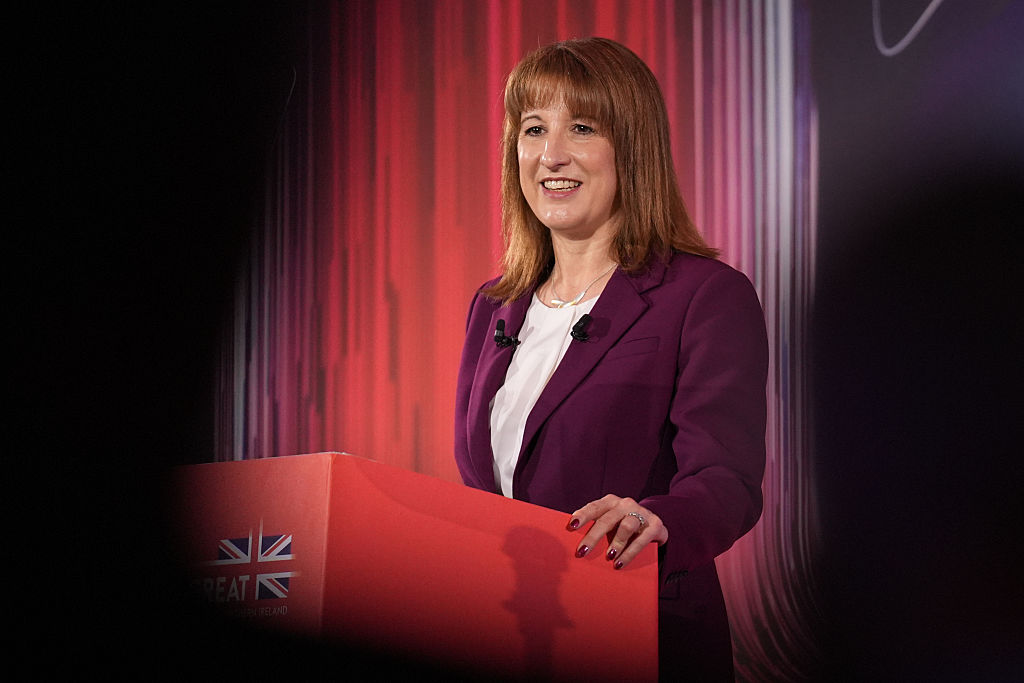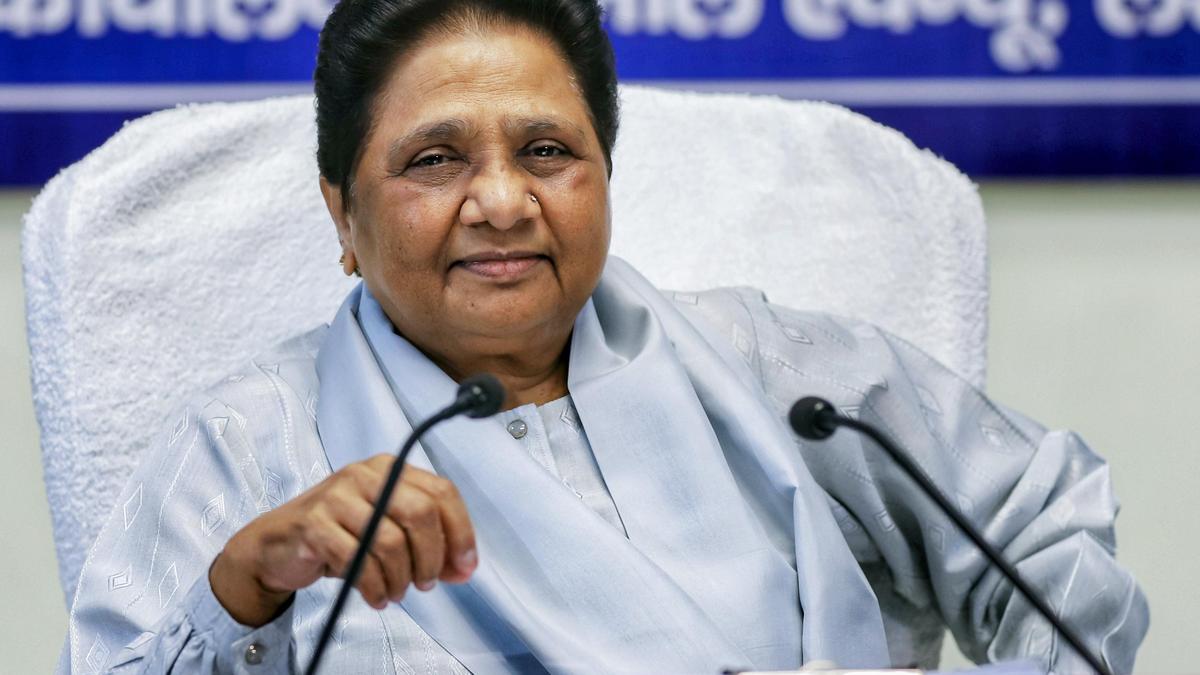Copyright newstatesman

A year ago, Paul Johnson, the then head of the Institute for Fiscal Studies, told me that Labour “might get lucky” on growth. “I think we are finally escaping the long shadow of the financial crisis; we forget just how big a shadow that’s cast across all economies, ours more than most,” he said. Rachel Reeves, her advisers reflect, has not been lucky. The Office for Budget Responsibility, despite its gloomy reputation, has long erred on the side of optimism. As if waiting for Godot, it has continually forecast an improvement in productivity growth that has never come. Now it is calling time. To coincide with the Budget, the OBR will downgrade anticipated growth by around 0.3 per cent, imposing a £21bn penalty on Reeves. Whatever your preferred culprit – the financial crisis, Brexit, austerity – the Chancellor’s problem remains the same. “In government you have to play the cards you’re dealt,” says a stoical Treasury aide. The consequence, as Reeves again made clear at a summit in Saudi Arabia, will be tax rises. This is not where the Chancellor planned or intended to be. “I’m not coming back with more borrowing or more taxes,” she declared after her last Budget, which raised taxes by £41.5bn. But the facts have changed, so Reeves has changed her mind. Is the UK, traditionally one of the lower-tax western countries, becoming an unambiguously high-tax country? As with much in life, it depends on your perspective. The UK, as the OBR chart above shows, is already in new territory. By 2029-30, the tax take is forecast to reach a postwar high of 37.5 per cent of GDP, continuing a long trend and putting the UK within touching distance of the Netherlands and Germany (if comfortably below France and the Nordics). But the peculiarity of this moment is that, even as taxes have risen, personal tax rates for most have remained low. As the chart below from the IFS shows, taxes for all but the richest tenth of households fell in cash terms from 2010-24. People certainly didn’t have it easy – welfare benefits and wages were squeezed across this period – but tax was not the root of the cost-of-living crisis. “The average earner in the UK now has the lowest effective personal tax rate since 1975 – and one that is lower than in America, France, Germany or any G7 country,” boasted Jeremy Hunt in his final Budget – and he was right. The Conservatives raised the personal allowance above inflation for most of this period, cut National Insurance from 12 per cent to 8 per cent and kept the basic rate of income tax at 20 per cent, its lowest level in postwar history (one reason Reeves is contemplating raising it). The British system is still riddled with high marginal rates: university graduates earning over £27,295 pay 37 per cent owing to student loan repayments; middle-class families with three children pay 56.5 per cent per cent owing to child benefit withdrawal; high earners on more than £100,00 pay 62 per cent. But most households have been shielded from such pre-Thatcherite tax rates. And here is Reeves’ challenge. Labour wants European-style public services – as do voters – but that is no longer feasible without broad European-style taxes. Economic populists such as Green Party leader Zack Polanski and New York mayoral candidate Zohran Mamdani speak of the 99 per cent against the 1 per cent but traditional social democracy has always depended on the middle classes. Reeves’ Budget will expose a hidden truth: overtaxed Britain has arguably been undertaxed Britain. This piece first appeared in the Morning Call newsletter; receive it every morning by subscribing on Substack here [Further reading: The limits of Zohran Mamdani’s TikTok politics]



